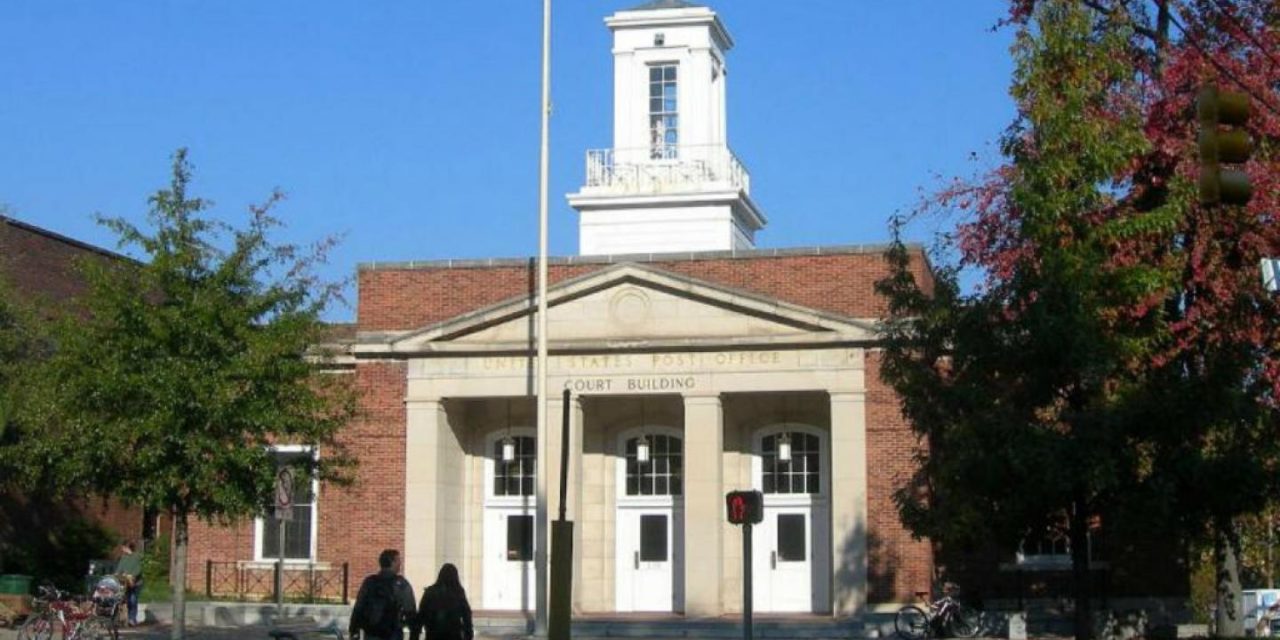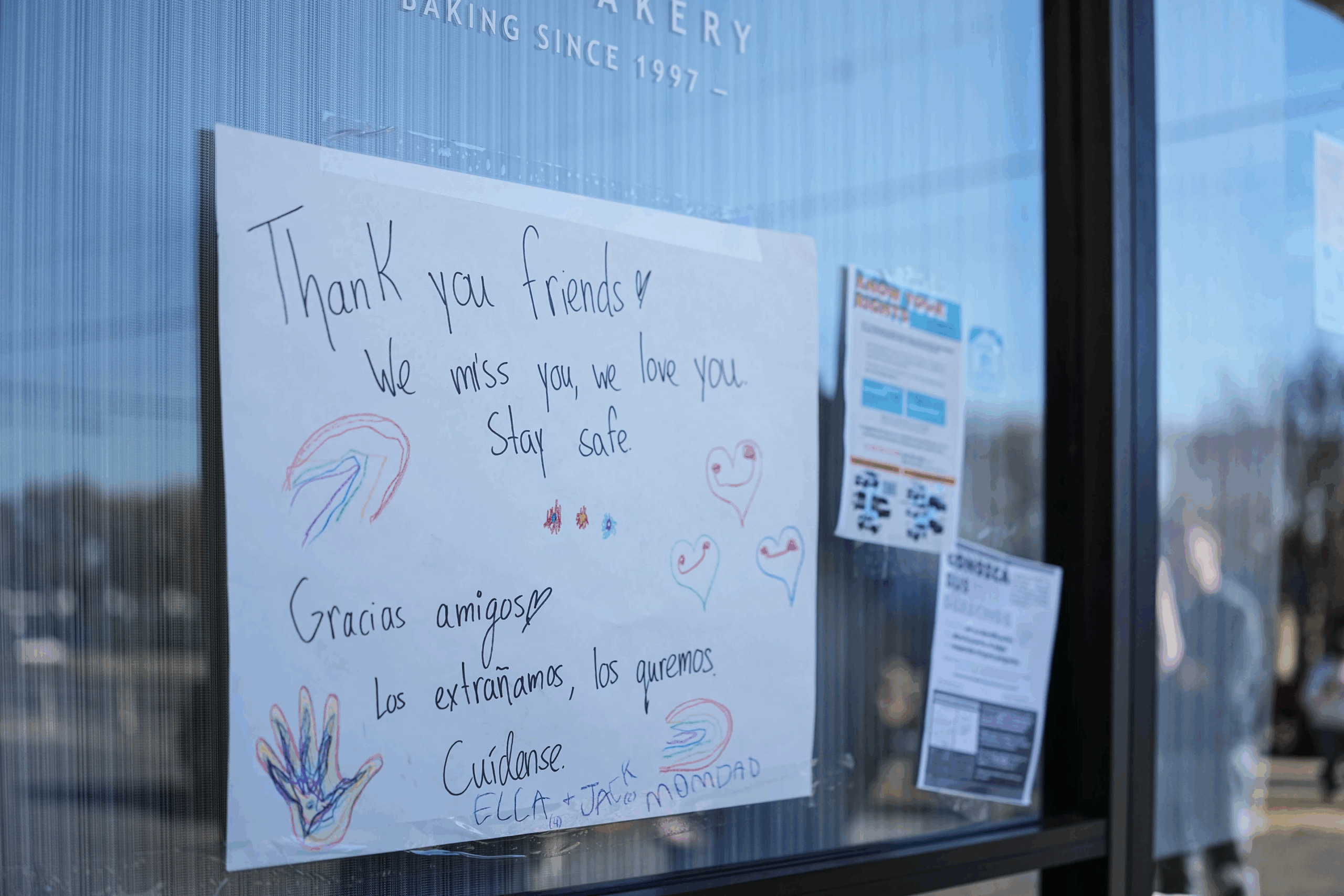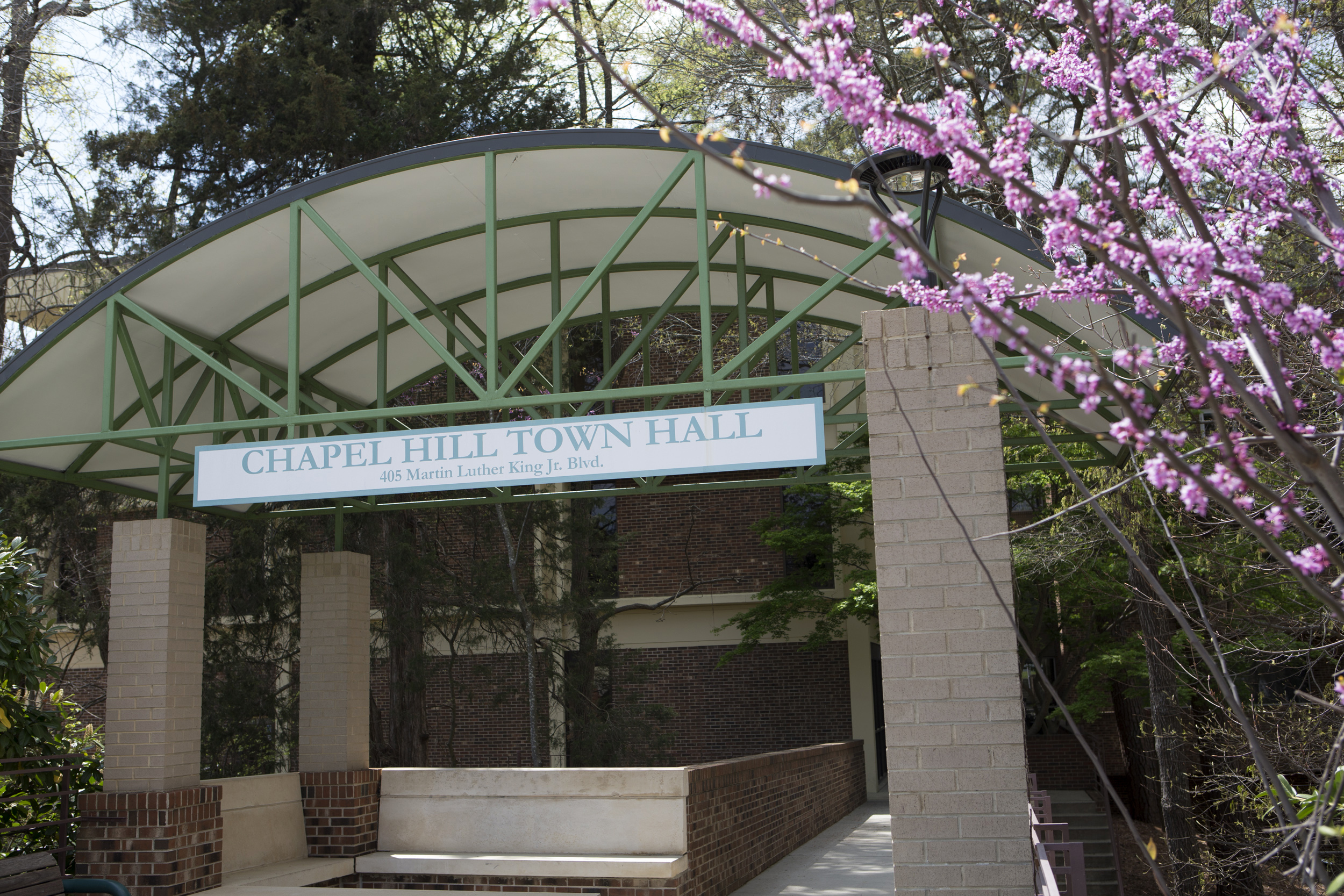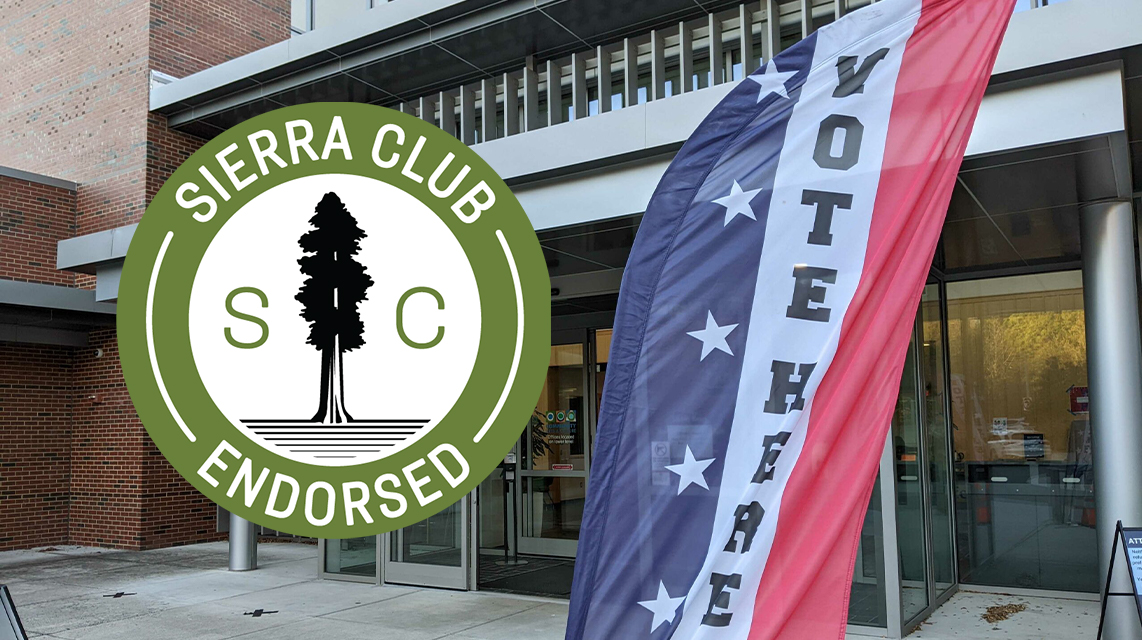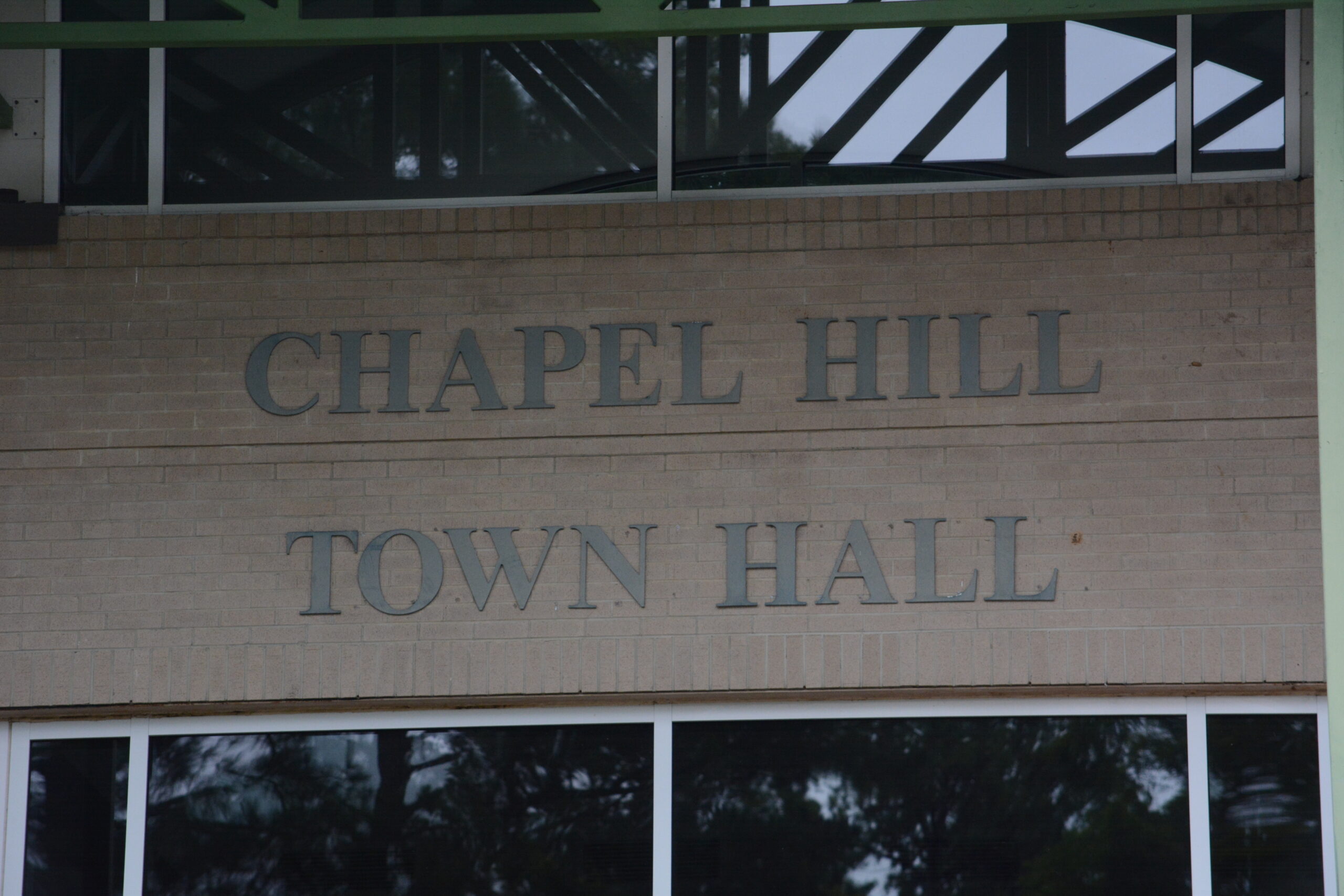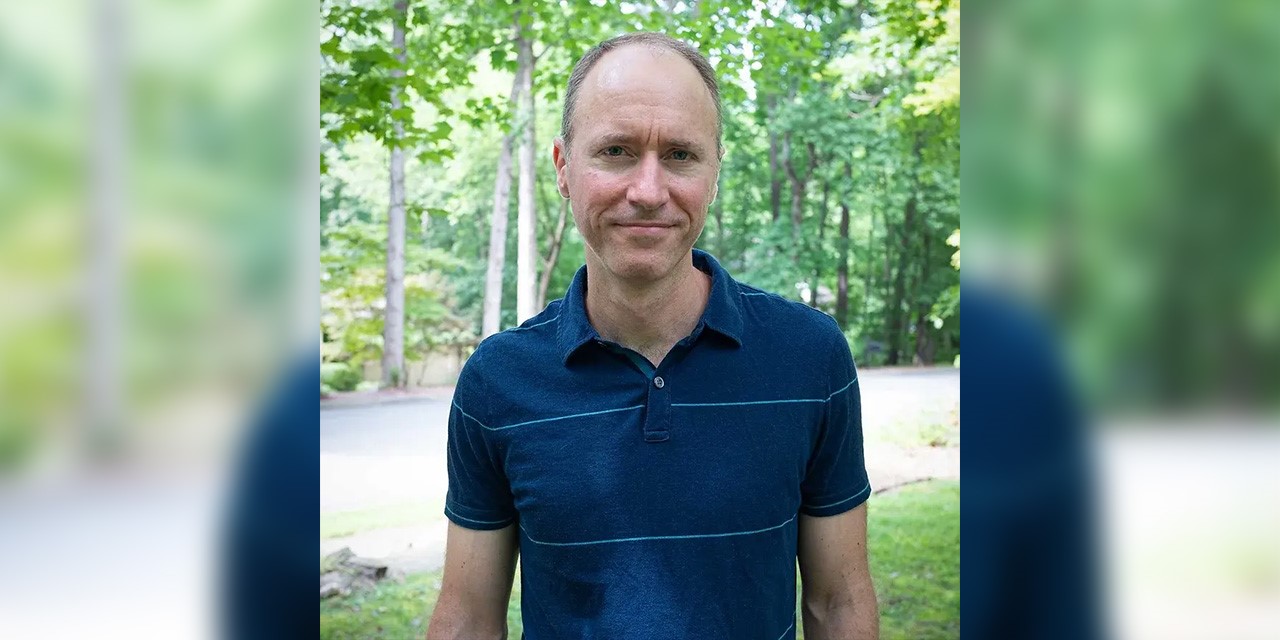A new pilot program designed to help stop the ‘criminalization of poverty’ was successfully adopted by the Chapel Hill Town Council. The Criminal Justice Debt Fund will establish funding for outstanding criminal justice debt – with the hopes of re-integrating fiscally indebted individuals back into the community.
The idea for this program began last spring when some members of the Chapel Hill Town Council realized they were unwillingly feeding into what they called an “unjust system.”
At their last meeting, council member Karen Stegman said it’s wrong for Chapel Hill’s courthouse to receive revenue from courthouse costs and fees – especially when these fees are collected from impoverished individuals.
“Chapel Hill values being a welcoming community with a place for everyone,” Stegman said. “The imposition of these court costs and fees creates significant barriers to justice involved, indigent community member seeking to re-integrate into our community.”
In order to offset the detrimental impact these court fees have on a portion of the community, a $20,000 dollar criminal justice debt fund was adopted by the council.
The program will be administered by the Chapel Hill Police Crisis Unit and is for town residents who have non-violent criminal or traffic offenses. Certain criteria must be met before an individual can apply for this financial aid. Each person must be a Chapel Hill resident, cannot currently be incarcerated and must have an outstanding criminal justice or traffic debt from Orange County.
Applications will be designated once every three years and each recipient must demonstrate that they are on the ‘road to stability’ – whether that be through treatment, employment or raising children.
“Tonight we have the opportunity to take a meaningful step to address the systemic injustice impacting our community while also providing concrete and desperately needed assistance to residents who are struggling with the very real financial impacts of court costs and fees,” Stegman said.
Retired Orange County public defender, James Williams, contributed to the town council discussion. He said that poverty is a significant factor in people being able to successfully reenter society. Williams also said that these court costs and fees most directly impact poor people of color, which can prevent them from assimilating back into society and contributing.
“A hundred dollars might not seem like a lot to you and I, but for people who are navigating the system it can mean the difference between being able to stay in an apartment or being able to buy food for children.”
This criminal justice debt fund is intended to ‘fill the gaps’ and help eligible low-income individuals receive debt relief opportunities.
Council member Allen Buansi worked along Stegman on this proposal. He said he is proud to have grown up in Chapel Hill as he has seen the town as a whole has continuously work to serve the most vulnerable members of the community. He says this fund is another opportunity to serve.
“In Chapel Hill we value empathy,” Buansi said. “We value forgiveness. We value love, we value inclusion and we value equality. Ultimately the price tag associated with this program is small in comparison to the need that is out there not just in Chapel Hill, but across North Carolina.”
With the one year pilot program unanimously passed, there is hope that similar programs could be adopted throughout other parts of North Carolina. Once implemented, there will be a 6-month check-in with city council to quantify the program’s success.
(Photo courtesy of the NC Judicial Branch)

